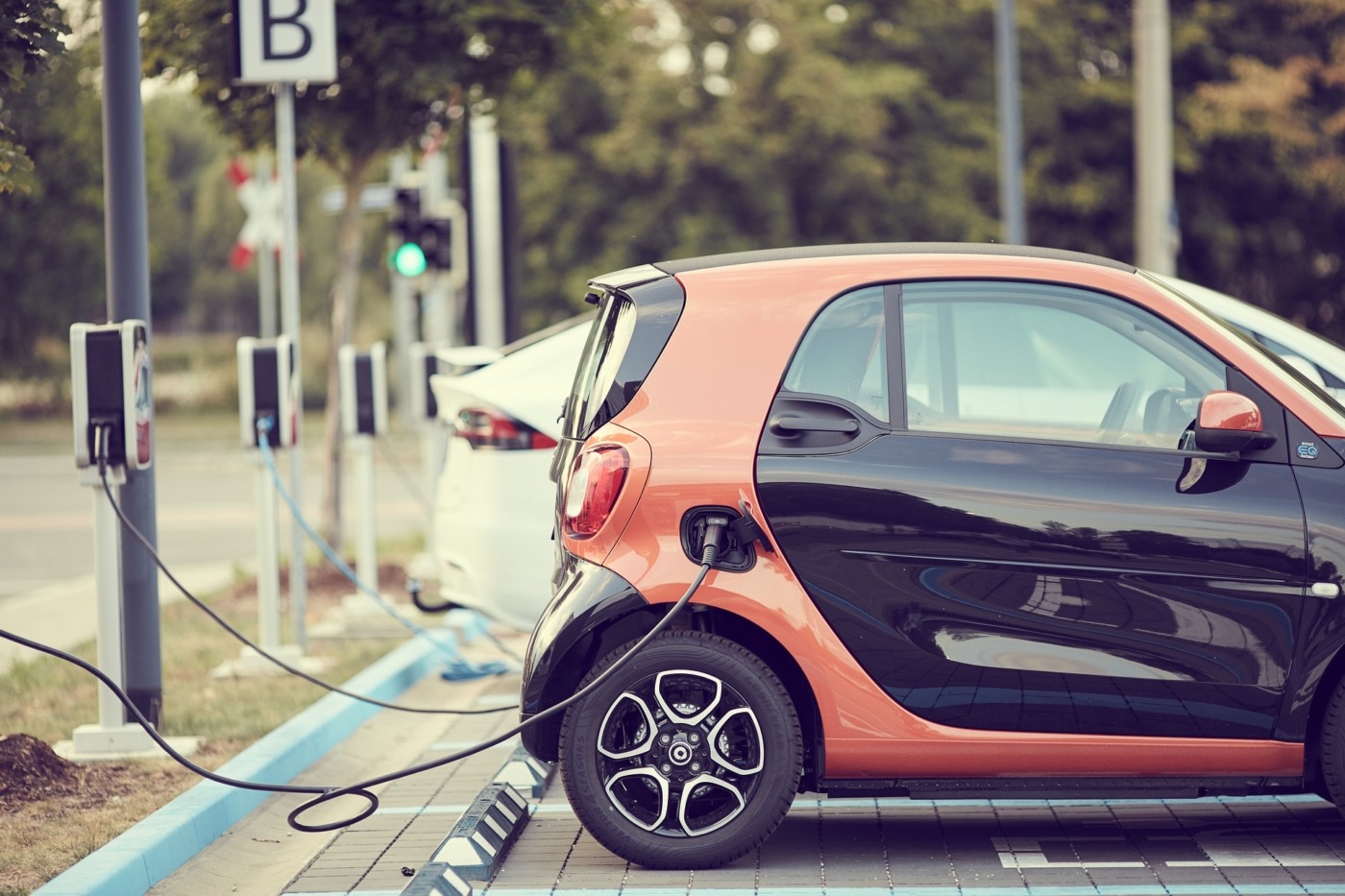Electric cars: a weight off your mind?
Perhaps you’re looking for a way to commute to your swanky new graduate job, or maybe the ancient Ford Ka you learned to drive with has finally given up the ghost. Either way, you’re in the market for a new car.
An electric vehicle seems like an easy choice. With the UK phasing out the sale of fuelled cars by 2030, driving electric is a way of futureproofing yourself. Additionally, the climate emergency is pressuring us all to make more conscious environmental choices. Getting to net zero carbon emissions by 2050 is vital, and driving cars powered by renewables is one of the biggest things an individual can do to facilitate this.
But is getting an electric car the easy fix it seems? Aside from the fact that at least some of the electricity powering an electric car comes from fossil fuels, there is an easily overlooked downside to electric vehicles.
Electrifying vehicles increases their weight. This is because of the heavy batteries required to power them. The rest of the car also needs to be heavier to support the battery. As consumers are concerned about running out of power far from a charging point, electric cars have been designed with bigger and bigger ranges. This further increases the mass of the cars because larger batteries are needed for these longer ranges.
The likelihood of a car passenger being killed in a collision with another car increases by 12% for every 500kg difference in mass between the cars
In recent years, the weight of personal vehicles in the UK has been decreasing, but electric cars are starting to buck this trend. For example, an electric Hyundai Kona weighs 300kg more than its fuelled version. That’s equivalent to bringing an adult zebra with you on every journey.
Heavier cars present several problems. For one thing, the extra wear and tear on the tyres produces more pollutants in the air. A bigger issue is the effect heavier vehicles have on safety. Additional weight makes vehicles more dangerous – the likelihood of a car passenger being killed in a collision with another car increases by 12% for every 500kg difference in mass between the cars. It is also more likely for a pedestrian to be killed in a collision with a heavier vehicle.
This very real human cost of heavier vehicles needs to be weighed up against the environmental benefits that electric cars bring to us all. How can you quantify the loss of a human life, either from a road safety failure or, increasingly, from climate change? To do this cost-benefit analysis, the road infrastructure protecting drivers and pedestrians needs to be accounted for, as do the energy systems of the country in question. Every cost-benefit analysis is a simplification of real life. Whatever their results, electric cars are here to stay, and need to be made safer.
The most obvious way to deal with the problem of heavy cars is to simply make the cars lighter. One way to do this is to use solid-state batteries that don’t require liquid electrolytes. These batteries are lighter and more compact. The chassis of the car can also be made lighter by using new materials, including polymers enforced by carbon fibre.
Reducing crashes is also important. Some cars already come with motion sensors to help with parking and checking blind spots, but this can be expanded to all new cars. With the development of driverless cars, human error can be removed. It’s a long way down the road (pun absolutely intended), but a crashless future is a possibility.
If you are concerned about the effect of driving a heavy car, check the weight of a new vehicle before you buy it. Think about whether you need the extra range provided by a bigger battery or are planning on making shorter trips that could use a lighter car. Also, consider whether you need a car at all for the journeys you are making. After all, the only way you can be free of the concerns of car ownership is to not have a car at all.

Comments